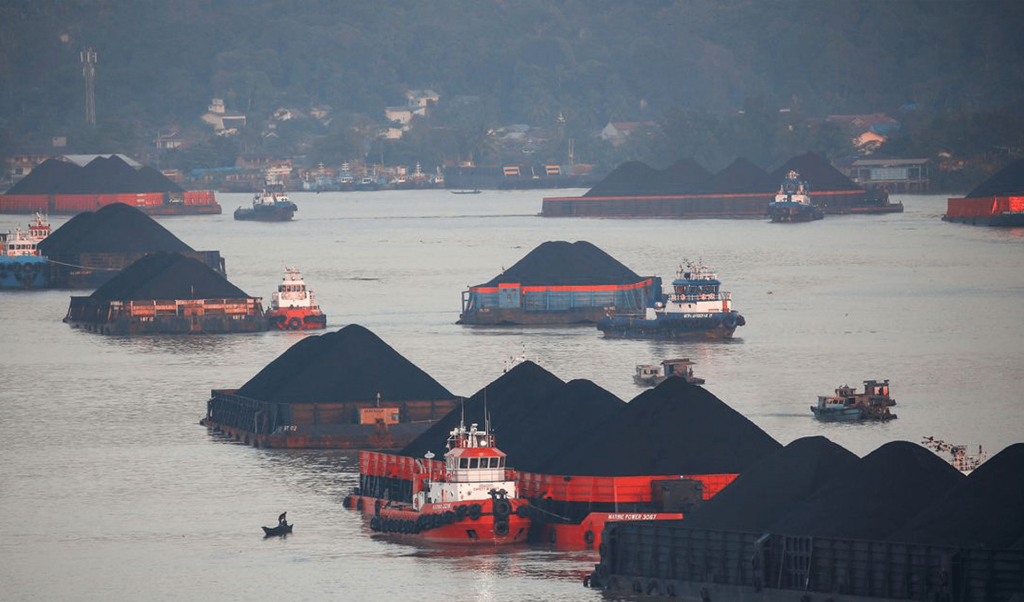
Inpex to delay investment decision on Indonesia's Abadi LNG project
Japanese energy company and majority shareholder Inpex Corp is expected to delay its final investment decision (FID) on Indonesia’s US$20 billion Abadi LNG project – also known as Masela – due to Covid and the potential adjustments needed due to climate change legislation.
If the recent export ban on coal is anything to go by, the recent announcement to delay Indonesia’s Abadi LNG (also known as Masela LNG) FID is another example of sovereign risk in Indonesia’s evolving minerals policy.
Although not yet impacted by an export ban (see our analysis on the Indonesian coal export ban), President Joko Widodo has his sights set on the domestic gas market, citing high gas prices which make it difficult for the domestic gas industry (dominated by state-controlled gas utility PT Perusahaan Gas Negara or PGN) to supply gas to domestic customers. Indonesia’s gas producers are subject to the same domestic market obligation (DMO) as coal where 25% of output is to be sold locally to ensure manufacturers in the fertiliser, steel and petrochemical industries can secure cheap feedstock.
Considering the export spot price of LNG is US$32/MMBtu at the time of writing, the applicability of a DMO continues to remains far from what was expected at the time, and may end up following the same fate as coal (see our analysis on the Indonesian coal export ban), leading to a less attractive investment climate in the natural gas industry and the Indonesian economy as a whole.
For context, from the late 1980s until 2006, Indonesian was the world’s leading LNG supplier, at its peak accounting for nearly 40% of global LNG trade. However LNG exports have been declining over the past decade, falling to below 10mtpa, less than half the volume exported in 2010. Declining gas (LNG and pipeline) output continues to affect the amount of gas available for export, both by pipeline to Malaysia and Singapore, in addition to increasing domestic LNG consumption domestically.
Indonesia, a net exporter of LNG, was previously expected to start importing gas this year as demand outpaced production. This was subsequently delayed with the expectation that the Abadi LNG project would duplicate the combined production at Tangguh LNG and Bontang LNG, producing in excess of 9.5mtpa (LNG).
There is little question that Indonesia needs more gas, owing to the combination of declining domestic production and rising demand. The government plans to raise gas’s share of the energy mix from 18.1% in 2018 to 22% in 2025. This is likely to see an ever greater share of Indonesia’s LNG production consumed domestically. Considering that Jakarta has already announced that pipeline exports to Singapore will stop in 2023 and be diverted to the domestic market, without investment in new LNG projects, Commodity Insights expects Indonesia (and potentially Malaysia) will become net importers of gas by the mid-2020s.
Demand for LNG in Southeast Asia is projected to trend upward. By 2030, demand in the ASEAN region is expected to increase by over 400%, reaching a level that is between approximately one-third and two-thirds of LNG demand in China by that time. Along with this increase in demand, Indonesia and Malaysia are projected to flip from being net exporter of gas to being net importers.
